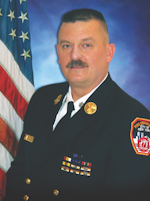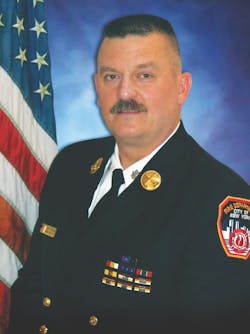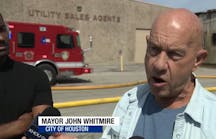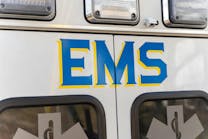Anyone who is a company officer or who wants to be a company officer certainly wants to be a good company officer. The challenge: How exactly does one do that?
There are numerous ways of learning from and observing company officers to discover and evaluate how they conduct themselves and how that influences their effectiveness. Some company officers are described by their firefighters as strict, and others are called easy going. Both types can be successful and have a loyal, effective group of firefighters working with them. The most important point to remember when you are developing your own skills and habits is to be yourself.
Professional appearance
I worked with hundreds of company officers in my 33 years with FDNY. How they looked and dressed when they are on duty varied dramatically. I worked with officers who not only put on the correct button-down work shirt every shift but also wore a tie. Those officers were respected. I also was on duty with a fellow lieutenant who never wore the prescribed light blue work duty uniform shirt. He was a great officer who also was well respected by his firefighters, fellow officers and chiefs. That said, wearing the proper uniform, belt, shoes and collar insignia sends a message to the people you work with and for. Furthermore, nothing creates a better initial impression with people who you serve than neatness and professionalism. Company officers should consider that at the start of each shift.
Stay in touch
Effective company officers stay in touch with their firefighters and their environment (i.e., the building where they work). A good habit is to occasionally take a walk through the building simply to “look around.” No officer should feel out of place/limited from walking through any area. This isn’t an investigative or intrusive activity but rather a casual survey of the people and areas that one is responsible for. Most of the things that you’ll see will make you feel good about your crew and your firehouse or office.
Courage to act
A fantastic habit to develop is to “never walk past a mistake.” (The phrase was coined by former Secretary of State Colin Powell.) This activity improves your image and your effect on your crew and fellow officers.
First, it shows that you can recognize the mistake. For example, officers who notice that a hoseline is packed incorrectly and have it repacked on the spot demonstrate their knowledge of that situation.
Second, noticing and correcting the hose demonstrates to junior officers that an officer should have the moral courage to act and have mistakes corrected. Some officers might hesitate to correct their crew.
Third, the same action shows that the officer cares about the way that the hose is packed and how it might be stretched.
Housework
The condition and cleanliness of a firehouse is a direct reflection of the type and quality of the officer who’s on duty.
Housework that’s performed regularly at both career and volunteer stations not only is important for how the station looks but for the entire atmosphere of the crew or company. Clean and organized firehouses promote safe conditions and contribute to pride and effective performance. Company officers should encourage their crew to maintain clean and well-maintained tools, apparatus and firehouse conditions.

John J. Salka Jr. | Battalion Chief
JOHN J. SALKA JR., who is a Firehouse contributing editor, retired as a battalion chief with FDNY, serving as commander of the 18th battalion in the Bronx. Salka has instructed at several FDNY training programs, including the department’s Probationary Firefighters School, Captains Management Program and Battalion Chiefs Command Course. He conducts training programs at national and local conferences and has been recognized for his firefighter survival course, “Get Out Alive.” Salka co-authored the FDNY Engine Company Operations manual and wrote the book "First In, Last Out–Leadership Lessons From the New York Fire Department." He also operates Fire Command Training, which is a New York-based fire service training and consulting firm.






